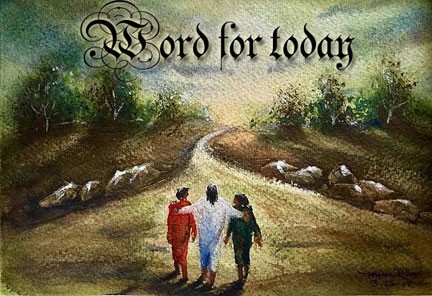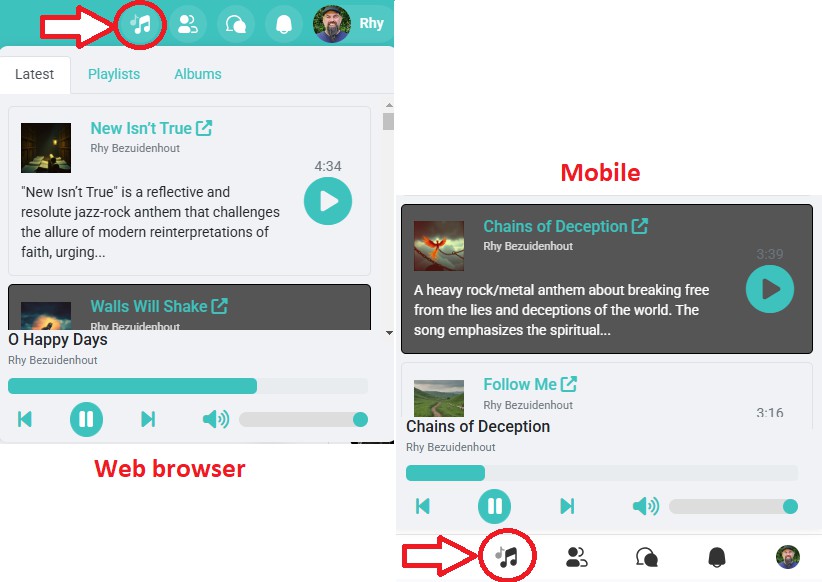Watch
Events
Articles
Market
More
Latest book review concerning Christian/male leadership as supplied from wisdompathbooks: https://booklight.top/posts/2025-02-09-onruling



021025
WORD FOR TODAY “do not say it unless you are going to do it”: Exo 19:8 All the people answered together and said, "All that the LORD has spoken we will do!" And Moses brought back the words of the people to the LORD.
WISDOM FOR TODAY “do you know what they are?”: Pro 6:16 There are six things which the LORD hates, Yes, seven which are an abomination to Him:
www.BGMCTV.org




TTN Music is Now on TTN Social! ??
Thanks to a fantastic suggestion from David Martin, we’ve taken music integration to the next level—introducing a first-of-its-kind feature on any social platform! You can now listen to music while browsing TTN Social.
? New Music Icon – You’ll notice a music icon in the main menu on both the browser and mobile apps. Click it to open the new music panel.
? Latest Songs – The first tab displays the newest tracks available on TTN Music.
? Your Playlists – If you've logged into TTN Music with your TTN account and created playlists, you’ll find them under the Playlists tab.
? Albums for Artists – If you're an artist and have uploaded an album, you’ll see your music listed under the Albums tab.
Best of all, your music keeps playing even when you close the menu—just tap the music icon again to hide it while continuing to enjoy your tunes!
Give it a try and let us know if you run into any issues. Enjoy the music! ??




Thought for Today: Monday February 10
Cheating of any kind will always keep you wondering if you will be discovered. You won’t like the feeling that comes with knowing you lack integrity and are dishonest. If you cheat, you are disobeying YHVH. Cheating is also to steal from other people and lying, not only adultery. If cheating of any kind enters your mind, you need to ask yourself why you would even consider it, is money, possessions or self-gratification/lust important to you? Whatever the temptation it is that you come across today, confess it and put our Moshiach first in your life.



Followers of Messiah were not called Christians. We are Netzarim.
http://blog.messiahslove.com/2....022/02/18/we-are-net



Question 320: What Is The Parable Of The Ten Virgins Intended To Teach?
Answer:
The duty of watchfulness and unworldliness. In the East to this day, at a wedding ceremony, the approach of the bridegroom's procession is heralded by the cry, "The bridegroom cometh" and those who have been invited come out of their houses to join it and go with him to attend the ceremony. In Moshiach's time apparently, they were expected to carry lamps. All the virgins in the parable slept while the bridegroom tarried; but five of them were prepared with oil to trim their lamps and the others were not thus, when the bridegroom came, they were ready to meet him, while the others were not. Professing believers would be similarly divided if Moshiach were to come to the world now. Some would rejoice and be ready to welcome Him, while others who are leading worldly lives and are not cultivating a believer’s character, would be unprepared and would be stricken with consternation.


